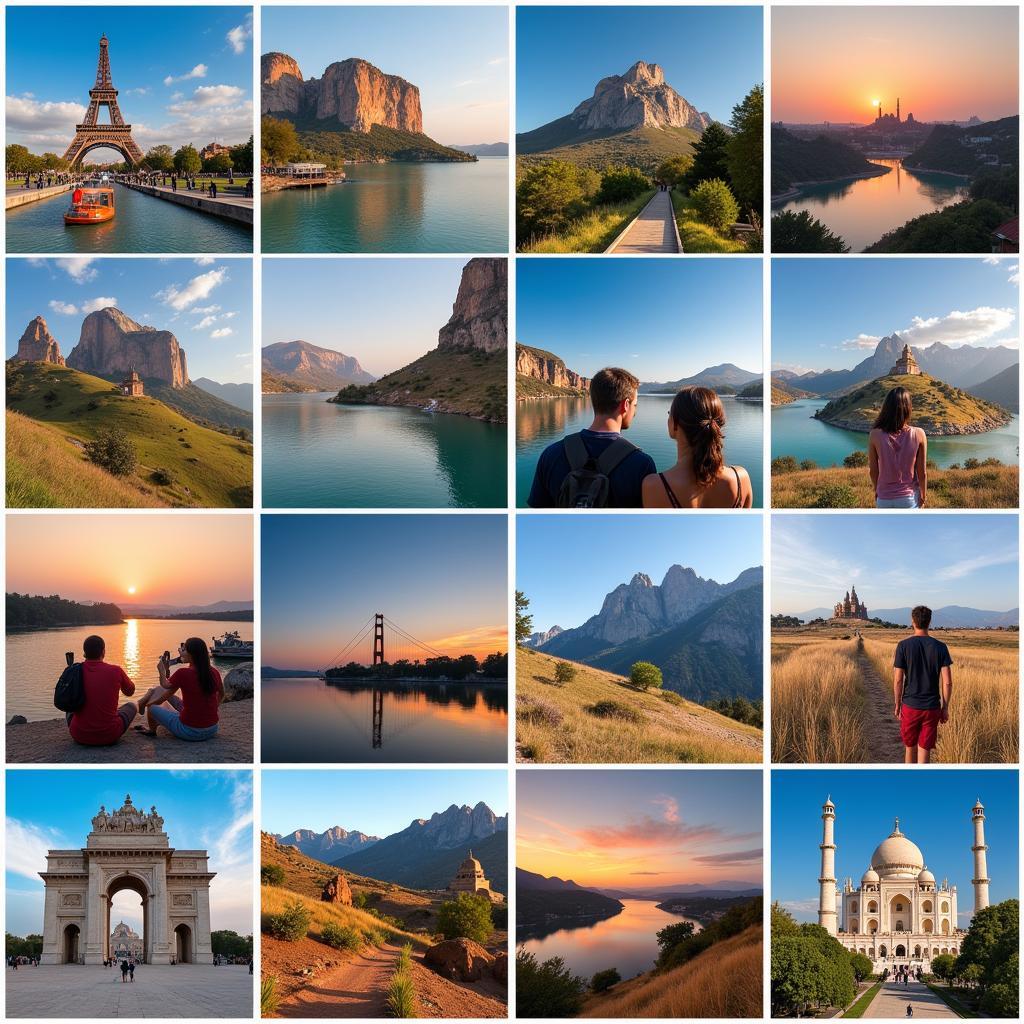Speaking about friends who have extensive travel experience is a common topic in IELTS examinations. Let’s explore how to address this topic comprehensively while keeping in mind the key assessment criteria.
Part 1: Introduction Questions
Common questions you might encounter:
- Do you like traveling?
- Have you traveled to many places?
- What kind of people do you think travel a lot?
Sample answer (Band 8-9):
“I’m absolutely passionate about traveling. While I haven’t been to as many places as I’d like, I make it a point to explore new destinations whenever possible. In my experience, people who travel frequently are often adventurous souls with flexible schedules and a genuine curiosity about different cultures.”
Similar to describe a recent experience with public transportation, sharing travel experiences requires detailed observation and clear expression.
Part 2: Cue Card
Your task is to describe a friend who has traveled a lot. You should say:
- Who this person is
- Where they have traveled to
- What they do during their travels
- And explain why they travel so much
Sample Answer (Band 8-9):
“I’d like to talk about my friend Sarah, who’s an absolute globe-trotter. She’s been traversing the globe for the past decade, having visited over 50 countries across six continents.
Sarah has ventured through the bustling streets of Tokyo, immersed herself in the rich culture of Istanbul, and embarked on challenging treks in the Andes Mountains. What sets her apart is how she approaches travel – she doesn’t just visit places; she truly immerses herself in local communities.
When traveling, she makes it a point to stay with local families through homestays, picking up bits of different languages, and documenting her experiences through her travel blog. She’s particularly passionate about sustainable tourism and often volunteers in community projects.
The main reason behind her extensive travels is her work as a digital nomad. Being a freelance photographer and travel writer gives her the flexibility to work from anywhere in the world. Moreover, she’s driven by an insatiable curiosity about different cultures and a desire to broaden her horizons.”
Just as in describe a scenic place you have visited, incorporating vivid details and personal experiences enhances the response.
Follow-up Questions:
Q: How has traveling changed your friend’s perspective on life?
A: “Sarah’s extensive travels have fundamentally transformed her worldview. She’s become incredibly open-minded and adaptable, understanding that there are countless ways to live and thrive in this world.”
Part 3: Discussion Questions
Q: Why do you think some people prefer to travel alone while others prefer group travel?
Sample Answer (Band 8-9):
“This preference often boils down to personal temperament and travel objectives. Solo travelers typically value the freedom to make spontaneous decisions and immerse themselves fully in new experiences without compromise. On the other hand, group travelers often prioritize shared experiences and the security that comes with traveling together, much like what you might experience when describe a trip you took with close friends.”
Key Vocabulary and Expressions
- Globe-trotter (n) /ˈɡləʊb ˌtrɒtə/ – a person who travels widely
- Venture through (v) – to travel through, especially somewhere new or dangerous
- Immerse oneself (v) – to become completely involved in something
- Broaden one’s horizons (idiom) – to expand one’s experiences and knowledge
- Wanderlust (n) /ˈwɒndəlʌst/ – a strong desire to travel

Tips from an Examiner
- Use a mix of simple and complex vocabulary
- Include personal anecdotes and specific examples
- Maintain good fluency while keeping accuracy
- Show awareness of different cultures and perspectives
- Use appropriate linking words and phrases
Remember to incorporate experiences similar to describe a conversation you had with a stranger to add depth to your responses about travel encounters.